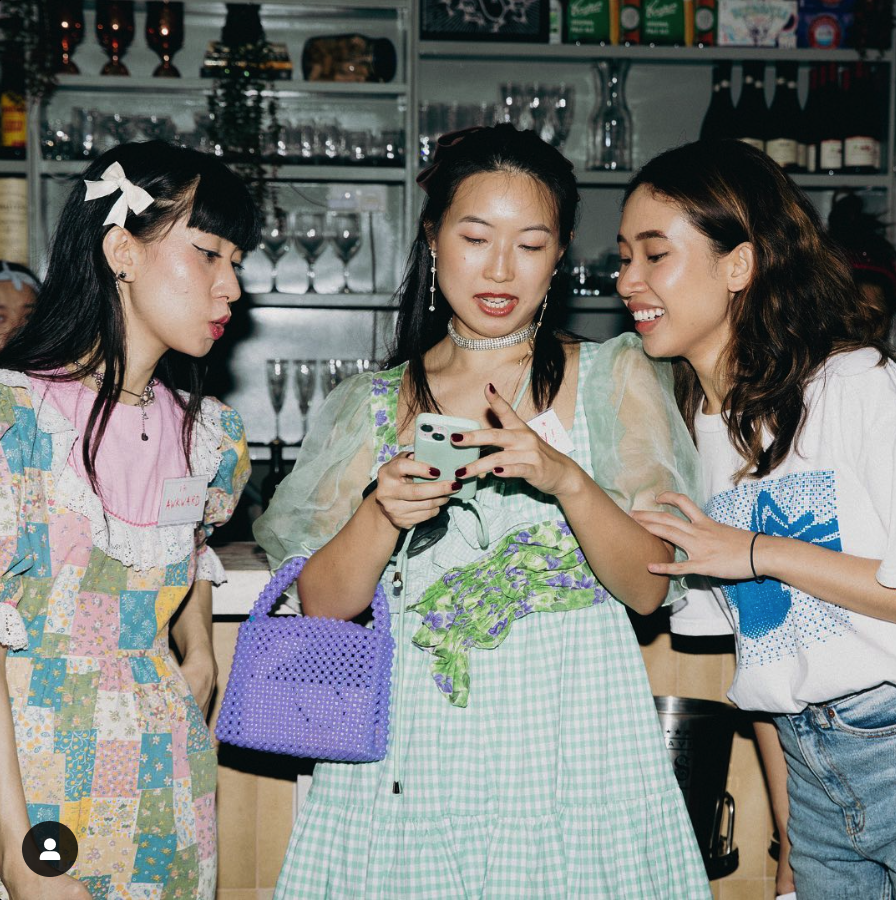Reimagining Nightlife: Embracing Mindful Activities and Immersive Experiences
The nightlife industry as a whole is undergoing a transformation. With a growing focus on mindful activities, intimate social gatherings, and immersive experiences, the after-dark economy seems to be evolving beyond traditional, alcohol-centric events. This shift presents unique opportunities across various sectors, driving innovation and engagement in new ways. Below is a summary of key trends and opportunities to watch for.
The North Face and Chinese streetwear brand Clot transformed Shanghai's Zhangyuan shopping district into a retail-tainment space by using light shows that mimic Arctic auroras. This transformation included dance performances and product exhibitions.
Here’s what’s happening-
Expanding Sectors: New trends in nightlife are emerging in dining, retail, sports, fitness, education, wellness, and tourism.
Post-Pandemic Changes: The rise of the "introvert economy" and "conscious hedonism" is reshaping social engagement.
Government Initiatives: Countries like China and Japan are actively promoting nighttime economies to enhance cultural and tourism activities.
Here’s what to expect moving forward-
1. Intimate Social Gatherings:
Shift to Small Groups: Dinner parties and supper clubs are replacing nightclubs, focusing on meaningful connections. For example, Singapore supper clubs like Dinner With Strangers foster new friendships through themed dining experiences.
Comfortable Environments: Low lighting, cozy seating, and analog hobbies (e.g., board games) create a homely atmosphere.
DIY Food and Drink: Offering bundled or DIY elements, like cocktail kits, caters to a cost-conscious youth market.
Singapore supper clubs, Dinner With Strangers and Awkward Party, are designed to push attendees out of their comfort zones and foster new friendships. These events are typically themed around a specific aesthetic or topic to stimulate engaging conversations.
2. Cultural Salons:
Repurposed Spaces: Stores transform into galleries or cultural hubs after dark, showcasing local creatives. For instance, listening bars inspired by Japanese jazz cafes are emerging across Asia, offering slower, sensorial engagement.
Engaging Events: Thought-provoking discussions, workshops, and exhibitions appeal to self-taught, curious youth.
Listening bars inspired by Japanese jazz kissa cafes are emerging across the world, prioritizing slower, sensory experiences and intentional cultural engagement. Examples include Slow Boat in Singapore, Freaking Out the Neighborhood in Bangkok, and Eavesdrop in NYC.
3. Wellness-Focused Activities:
Fitness and Recovery: Post-work fitness classes, yoga, and pilates provide emotional and physical relief. In Singapore, brands like Dirty Manners collaborate with local gyms for themed fitness nights.
Mindful Events: Weeknight music festivals and clubs promote introspection and relaxation.
Wellness Treats: Integrating indulgent treats like post-workout cocktails into wellness spaces offers micro-moments of joy.
New Zealand wine label Cloudy Bay partnered with Singaporean boutique spin and pilates gym Ally to offer a wine-tasting masterclass to its members. With an alcohol license, the gym regularly hosts Mimosa Mondays and Champagne Fridays, allowing guests to purchase alcohol after their workouts.
4. Catharsis and Escapism:
Immersive Experiences: Brands create interactive, story-driven events that transport consumers to different worlds.
Targeted Fandoms: Engaging specific groups, such as sports or gaming fans, helps build brand loyalty.
Urban Adventures: Themed tours and parties reframe familiar urban spaces, offering new perspectives. For example, Singaporean art collective Oh! Open House offers immersive walking tours, blending history and fantasy.
Theatrical Nightlife: Combining nightlife with theatrical elements generates a unique, collective experience.
New World’s End, created by the Singaporean art collective Oh! Open House, is an immersive walking tour and narrative experience. It guides participants through the hidden alleys and fantasy rooms of Singapore's Jalan Besar district as it appeared in the 1960s.
The transformation of nightlife is not just a passing trend—it's a fundamental shift that reflects changing societal values and consumer preferences. As people increasingly seek out meaningful, wellness-oriented, and immersive experiences, businesses that adapt to these evolving demands will be better positioned to thrive in the new after-dark economy. Embracing these emerging trends offers a unique opportunity to connect with modern consumers on a deeper level, fostering loyalty and creating memorable, impactful experiences.




